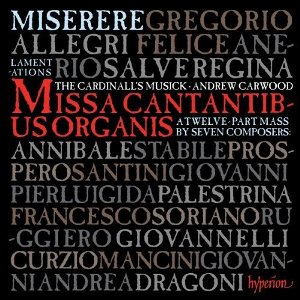David Munrow’s ‘Turkish Nightclub Piece’
Recomposing the Past: Representations of Early Music on Stage and Screen
Edited by James Cook, Alexander Kolassa, Adam Whittaker
© 2018 – Routledge
Edward Breen
Geography transmuted into history: ‘It was known as “the Turkish nightclub piece” and he used to make it longer and longer in concerts and go redder and redder in the face.’ (Summerly, 2006).
Those were the words of James Bowman, countertenor in David Munrow’s Early Music Consort of London, reflecting on a recorded performance of a medieval dance: Istampitta Tre Fontane played by David Munrow (Munrow and Early Music Consort of London, 1973). Several television recordings of Munrow’s medieval dance performances survive and, combined with broadcast scripts and performer-interviews, they suggest a vibrant view of the Middle Ages based on the performance practices in folk and world music that he encountered on his travels. In particular, Munrow sought technical advice from the Middle-Eastern shawm players he met during overseas tours, and was inspired by the virtuoso clarinet playing of Mustafa Kandirali whose records he collected (Breen, 2014, pp.188-246). Munrow’s book Instruments of the Middle Ages and Renaissance (Munrow, 1976) makes explicit a theory that folk instruments from around the world serve as a template for understanding early instruments. Munrow was not alone in this reasoning, and he drew on research by Curt Sachs, members of The Galpin Society, and the work of early twentieth-century musicologists (Sachs, 1949; Baines, 1957; Wolf, 1918; Lavignac, 1922). Thus, a rich vein of musicological orientalism runs throughout Munrow’s two 1976 TV series, Ancestral Voices and Early Musical Instruments. In both of these, Munrow draws on ancient and folk instruments alike to trace the development of musical instruments though the ages. In particular, he traces the history of the shawm, the ancestor of our modern oboe, to its Saracen military origins. [...]



Comments
Post a Comment